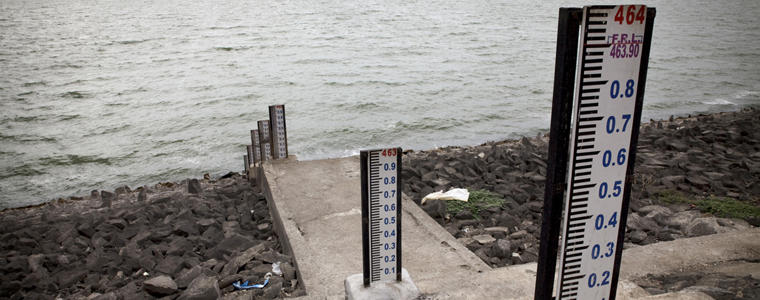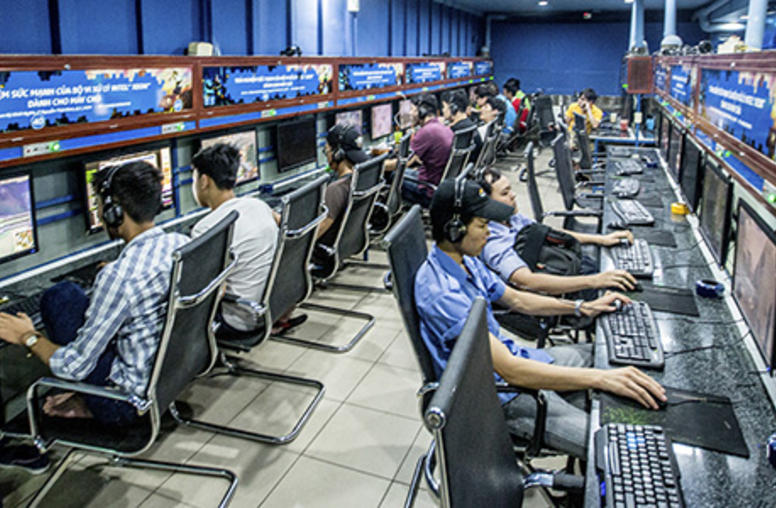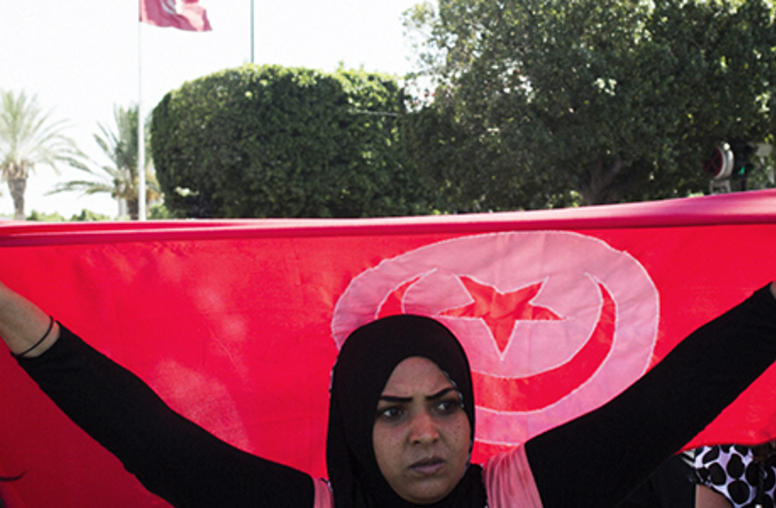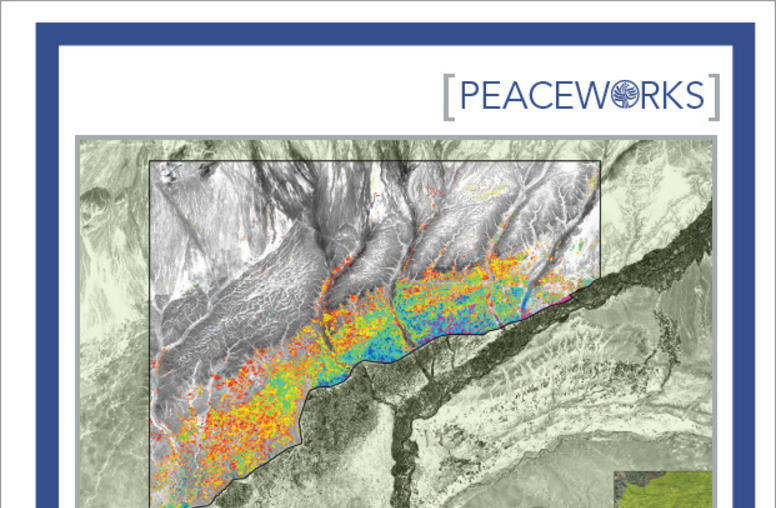Disaster Risk Reduction and Conflict Prevention
As the United Nations debates a new set of development priorities for the post-2015 revision of its Millennium Development Goals, USIP's Center of Innovation for Science, Technology & Peacebuilding and the National Academy of Engineering jointly invite you to a discussion of the new challenges for peacebuilders presented by the interplay of "natural" and political risks.

Natural disasters and extreme environmental events – hurricanes, floods, droughts, crop failures – are expected to increase in number and severity on a global scale, even within this decade. Demographic trends are leading to enlarged urban and coastal populations at heightened risk of major casualties, economic disruption and political tensions, even from normal patterns of climate, seismic and epidemic volatility. Major disasters could degrade key sources and supply chains of the global economy, affecting essential supplies of food, water, energy, medicine, and traditional incomes. These economic, social, and political "ripple effects" could trigger deadly conflicts within or even among states.
As the United Nations debates a new set of development priorities for the post-2015 revision of its Millennium Development Goals, USIP's Center of Innovation for Science, Technology & Peacebuilding and the National Academy of Engineering jointly invite you to a discussion of the new challenges for peacebuilders presented by the interplay of these "natural" and political risks.
12:30 pm | Registration Opens
1:00 pm | Welcome & Introductory Remarks
- Jim Marshall, President, United States Institute of Peace
1:05 pm | Keynote Address
- Helen Clark, Administrator, United Nations Development Programme
1:20 pm | Audience Q&A
1:45 pm | Panel Discussion
- John Steinbruner, Director, Center for International and Security Studies at Maryland; Co-author, NAS/NRC Report on Climate and Social Stress
- Sherri Goodman, Senior Vice President and General Counsel, CNA; Former Deputy Under Secretary of Defense for Environmental Security
- Frederick S. Tipson, Jennings Randolph Senior Fellow (2011-2012), United States Institute of Peace; Special Adviser to the Center of Innovation for Science, Technology & Peacebuilding
- Proctor Reid, Director of Programs, National Academy of Engineering (Moderator)



